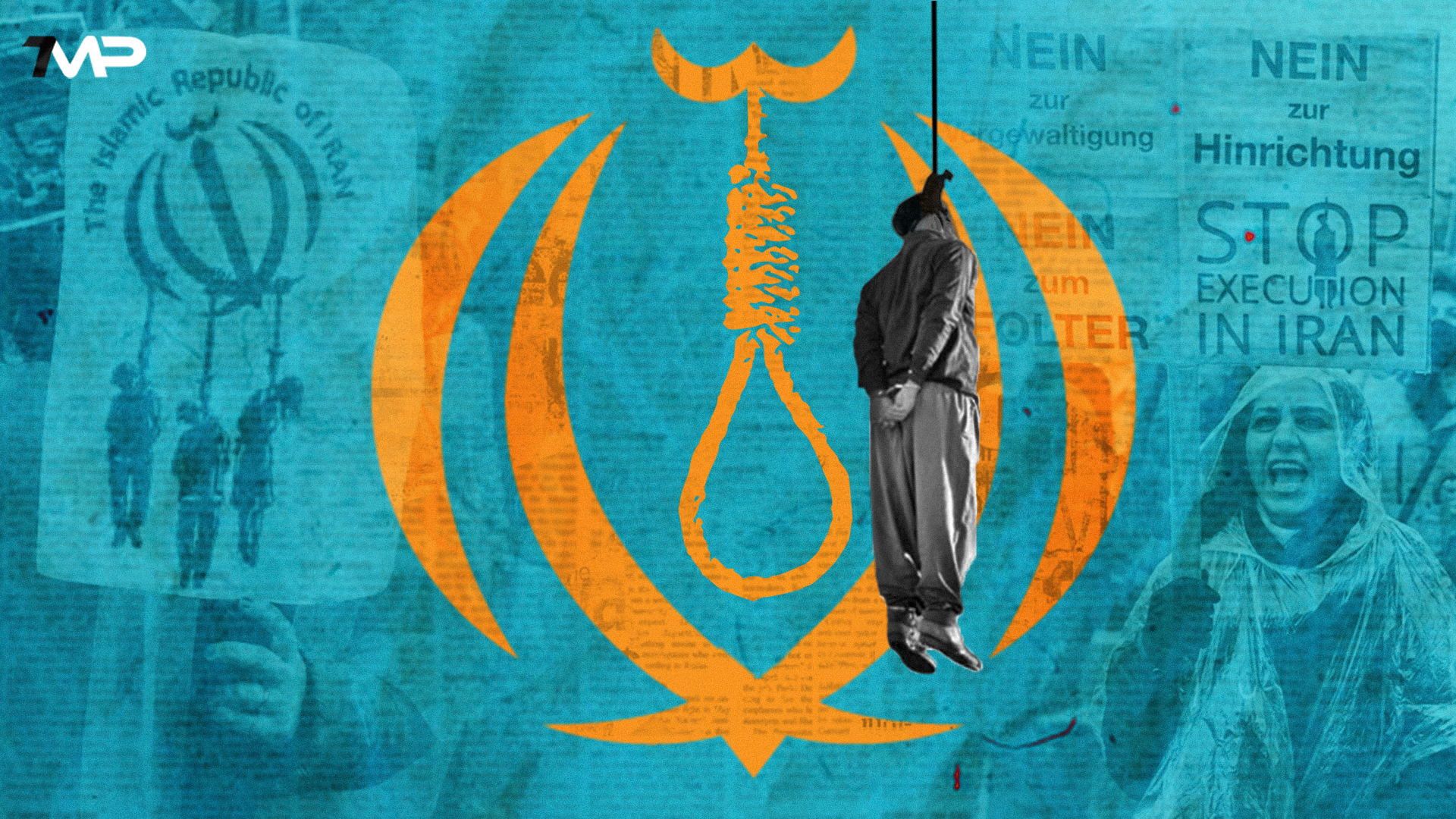
Executions and torture in Iran have reached appalling numbers this year. According to research by the Abdorrahman Boroumand Center and Amnesty International, at least 94 people were executed in Iran in January and February this year. In the joint statement published on March 2, it is also stated that there are allegations of horrific sexual violence and other torture. On the website of Iran Human Rights, it is reported that 128 people have been executed so far this year.
Since the beginning of this year, Iranian authorities have executed at least one Ahwazi Arab, 14 Kurds, and 13 Balochs. In addition, a dozen people were sentenced to death. Abdorrahman Boroumand Center and Amnesty International consider the rise of the death penalty by Iranian authorities after largely unfair trials as a chilling sign that these death sentences are being used as a tool of oppression against ethnic minorities. According to the sources of Amnesty International, some detainees were subjected to torture and other ill-treatment, compelling them to ‘confess’. After televising forced confessions to justify the executions, detainees were secretly executed without a final visit or notice to their families.
On the 28th of February, the Association for Human Rights in Kurdistan – Geneva (KMMK-G) also published a report on the executions of minorities. The KMMK-G underlines that violence and executions against ethnic groups have increased dramatically and disproportionally, stating that although Kurds constitute only 15% of the total population, the number of executed Kurds is over 55%. Statistics in the report reveal that a large number of Baluchis and Kurds were executed not only this year but also in 2022. KMMK-G concludes its report by calling on the international community to take urgent steps to stop the executions of Kurdish and Baloch citizens.
